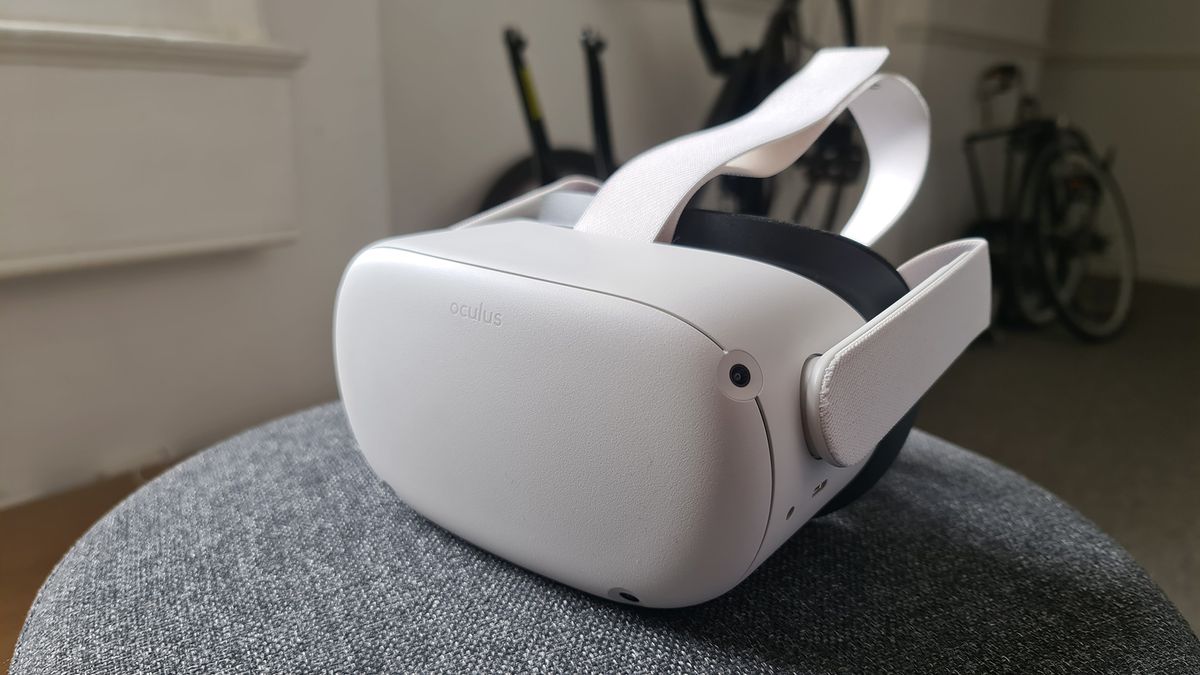The Oculus Quest 2 is set to go toe-to-toe with the Valve Index, with a 120Hz refresh rate update on the way for the seemingly ever-improving VR headset. That’s according to a recent Q&A with VP of Facebook Reality Labs, Andrew Bosworth, where he gave a thumbs up to the question of whether the Quest 2 might be in line for such a 120Hz update.
Virtual reality
Best VR headset: which kit should you choose?
Best graphics card: you need serious GPU power for VR
Best gaming laptop: don’t get tied to your desktop in VR
This terse a response might suggest an unwillingness to actually be drawn on the details, which might also cast some doubt on the actual likelihood of such an update. But the counter to that is this Q&A was conducted on Instagram so the fact “Boz” Bosworth choose to respond to the question with a simple physical emote can maybe be taken a bit more literally.
Currently the Quest 2 runs at a default refresh rate of 90Hz, but that itself is only thanks to a relatively recent November update for the headset. It launched with a 72Hz refresh, but with an experimental option to run at the higher rate. For a standalone headset the 90Hz figure gives a pretty decent experience, and even for a PC-tethered virtual reality device that’s pretty good.
But with a 120Hz refresh rate you would be looking at effective parity with the Valve Index, and with a panel resolution of 1832 x 1920 per eye it’s actually delivering a potentially higher-fidelity experience than Gabe’s fave. Admittedly the Index has improved optics, those gorgeous wee speakers, and discrete per-eye panels, as opposed to the single screen option of the Quest 2, but this is a headset that’s around a third of the price.
The display inside the Quest 2 is reportedly functionally capable of hitting 120Hz, but the issue, as with the initial experimental 90Hz mode, is going to be about what the impact might be on the battery life and the mobile chipset inside it. Indeed, effectively utilising that higher refresh rate on such low-power silicon will be a challenge itself.
Honestly, I would struggle to care less about the headset running at 120Hz in standalone mode, but so long as I can get the Quest 2 hitting those heights while I’m plumbed into my PC playing Microsoft Flight Sim or Half-Life: Alyx then I am going to be a very happy man. I’ve recently dipped back into VR having cleared a small pool of space around my PC, and the current 90Hz operation of the headset already makes it a fantastic experience.
I haven’t been able to wire my PC into my router, and so the Virtual Desktop wireless setup is still too laggy on my home setup, but that might be a place where the 120Hz update could impact the actual PC VR experience. Admittedly that might tank battery life, but if you could combine wireless gaming, with a higher resolution, and the same refresh rate for a third of the price, how many would still even consider the Valve Index?
